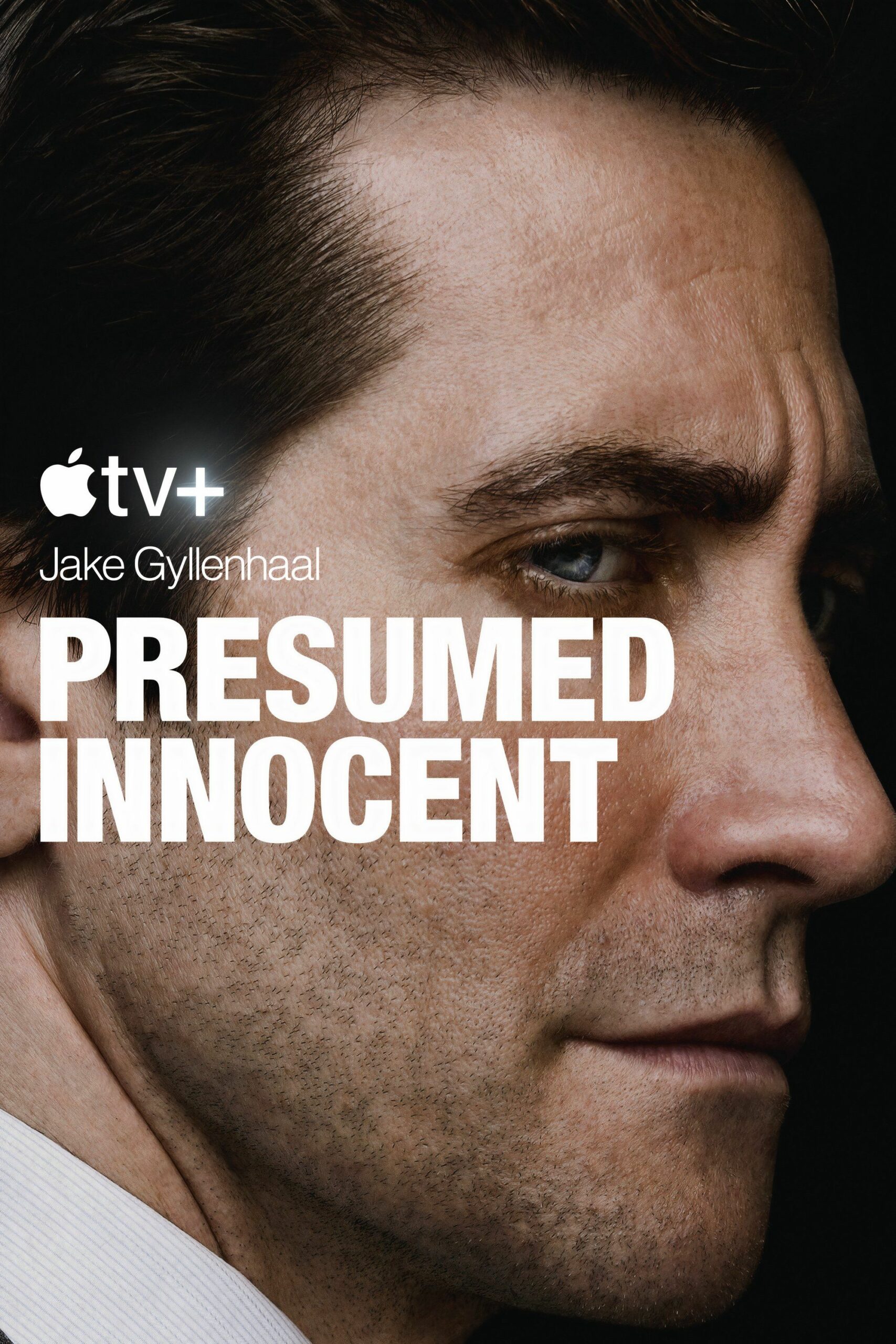In the realm of psychological thrillers, the intricate layers of human emotions and motivations often serve as a fertile ground for exploring the depths of moral ambiguity. Such narratives not only captivate the audience but also challenge their perceptions of innocence and guilt. “Before We Were Innocent” is a quintessential example of this genre, delving into the psyche of its characters while unraveling a complex plot rooted in deception, betrayal, and the search for truth.
At its core, “Before We Were Innocent” examines the lives of two childhood friends whose bond is irrevocably altered by a tragic event. This misfortune acts as a catalyst, propelling the characters into a web of intrigue and suspense that ensnares not only them but also the viewers engrossed in the story. As the narrative unfolds, the audience is invited to question the very nature of their perceptions regarding innocence, loyalty, and morality.
The plot intricately weaves together past and present, employing a nonlinear timeline that heightens the suspense. The duality of memory plays a pivotal role here. As the protagonists navigate their current circumstances, flashbacks illuminate critical moments from their adolescence, establishing a stark contrast between their innocent past and their tumultuous present. This juxtaposition evokes a sense of nostalgia, prompting the audience to ponder the fragility of innocence and the potential for its irrevocable loss.
Character development is another hallmark of “Before We Were Innocent.” The two protagonists, layered with complexity, are portrayed as quintessentially flawed individuals. Each character embodies the dichotomy of innocence and guilt, compelling viewers to grapple with their virtues and vices. This depth elicits empathy, even when the characters’ actions become morally questionable. Through their journey, the narrative underscores a common observation: the line that separates the innocent from the guilty is often blurred, shaped by circumstances beyond individual control.
Moreover, the theme of betrayal emerges as a defining element in the storyline. The characters’ decisions, rooted in desperation and fear, lead them to betray one another, further complicating their already strained relationship. The profound effects of these betrayals resonate throughout the narrative, highlighting how the quest for survival can eclipse loyalty. This serves to emphasize a deeper commentary on human nature and the lengths to which individuals may go to protect themselves, even at the expense of those they once held dear.
Intriguingly, “Before We Were Innocent” reflects a universal fascination with the psychological downturn of its characters. The idea that seemingly ordinary individuals can be thrust into extraordinary circumstances ignites an inherent curiosity about the darker aspects of the human psyche. Viewers are compelled to investigate the myriad of factors influencing behavior, including societal pressures, childhood traumas, and the inherent struggle between self-preservation and moral integrity.
As the story progresses, tension mounts, culminating in a climactic finale that reveals the truth behind the tragic event that haunts the protagonists. This denouement is not merely about uncovering the murderer but is emblematic of a larger theme—confronting the consequences of one’s choices. The characters are forced to reckon with the ramifications of their past actions and the inexorable passage of time. This resolution enlightens the audience, offering a poignant reminder of the indelible impact that our decisions can have on our lives and those of others.
The ending serves as a cathartic release for the audience, bringing closure to the tumultuous journey crafted throughout the narrative. However, it also invites a reflective dialogue on the complexities of justice. Is justice served when the truth is revealed? Or does the revelation merely exacerbate the existing wounds? The unresolved nature of these inquiries generates a haunting echo that lingers long after the credits roll, inviting viewers to explore their own perspectives on justice, redemption, and the everlasting shadow of past choices.
This thought-provoking narrative underscores a profound truth: the fascination with thrillers like “Before We Were Innocent” lies not solely in the suspenseful moments or the resolution of mysteries. Rather, it dwells in the exploration of the human condition—the interplay of innocence and guilt, the bittersweet melancholy of nostalgia, and the inevitable confrontation with the past. As viewers become engrossed in the plight of the characters, they are simultaneously compelled to reflect upon their own lives, questioning the tenuous nature of their innocence and the moral complexities inherent in their choices.
In conclusion, “Before We Were Innocent” stands as a testament to the transformative power of storytelling. It beckons the audience to delve into the murky waters of moral ambiguity while navigating the labyrinth of human emotions. With its rich character development, intricate plots, and thematic depth, the narrative strikes a resonant chord, inviting introspection and fostering an appreciation for the unpredictable nature of life itself. The allure of thrillers lies not just in their ability to entertain but in their capacity to provoke thought and inspire self-examination, ensuring their place as enduring contributions to the landscape of literature and film.
